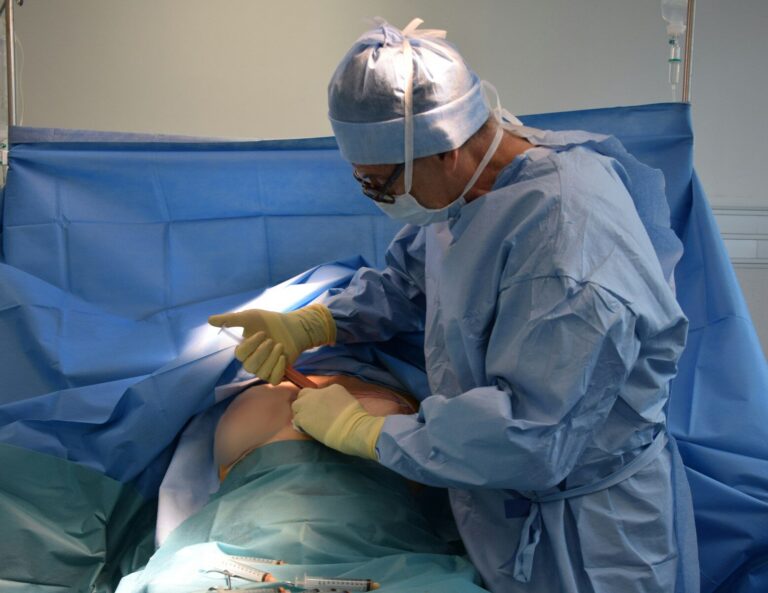
Breast cancer is the most common form of cancer in women. It is a disease that starts in the cells of the breast. While any woman can get breast cancer, some women are at higher risk than others. According to research, your risk for breast cancer is caused by a combination of factors. Being a woman and getting older are the two most important risk factors. The majority of breast cancers are found in women over the age of 50. However, there are other factors as well. This article will discuss the main risk factors for breast cancer that everyone should be aware of.
Age
As we already mentioned, the most common risk factor for breast cancer is age. The older you are, the higher your risk for developing the disease. This is because the cells in your body have more time to grow and divide, which can lead to mutations. However, the good news is that the majority of breast cancers can be cured. In fact, more than 85% of women who are diagnosed with breast cancer in the early stages were able to cure it. There are a lot of treatment options, from breast cancer surgery to radiation therapy. However, in order to qualify for these treatments, cancer must be caught early. That is why it is so important for women to get regular screenings, such as mammograms.
Genetics
Another risk factor for breast cancer is genetics. If you have a family history of breast cancer, your risk for developing the disease increases. This is because there may be a gene mutation that increases your risk. There are a few different genes that can increase your risk for breast cancer, including the BRCA1 and BRCA2 genes. If you have one of these gene mutations, you may want to consider getting genetic testing. In addition to a family history of breast cancer, the family history of ovarian cancer is also a risk factor. This is because the two diseases share some of the same genetic mutations.
Drug Exposure
Certain drugs can also increase your risk for breast cancer. For example, taking estrogen-replacement therapy or birth control pills can slightly increase your risk. These drugs work by increasing the levels of estrogen in your body. Estrogen is a hormone that can promote the growth of breast cancer cells. In addition, taking certain drugs to treat arthritis and diabetes can also increase your risk. These drugs are known as Aromatase inhibitors. They work by blocking the production of estrogen in your body. In addition, the drug diethylstilbestrol (DES) can also increase your risk for breast cancer. DES is a synthetic form of estrogen that was given to pregnant women between 1940 and 1971 to prevent miscarriage. However, it is important to note that the overall risk for developing breast cancer from these drugs is very small.
Smoking
Smoking is a major risk factor for many types of cancer, including this disease. In fact, smoking increases your risk for breast cancer by up to 25%. This is because smoking can damage the DNA in your cells. This damage can lead to the development of cancer. In addition, smoking can also increase your risk for other diseases, such as heart disease and stroke. This is one of the factors you can actually change to reduce your risk for breast cancer. If you smoke, quitting smoking is one of the best things you can do for your health. There are many resources available to help you quit, so there is no excuse not to try.
Reproductive History
Another risk factor for breast cancer is reproductive history. Women who have their first child at an older age or who do not have children at all are at a higher risk for developing the disease. In addition, women who had their first period before the age of 12 are also at a higher risk. This is because these women have longer exposure to estrogen. By getting regular screenings and by knowing your family history, you can reduce your risk for breast cancer.
Previous Use of Radiation Therapies
Another risk factor for breast cancer is the previous use of radiation therapies. If you have received radiation therapy to the chest area, your risk for developing breast cancer increases. This is because radiation therapy can damage the DNA in your cells. This damage can lead to the development of cancer. In addition, if you have had radiation therapy for another cancer, such as Hodgkin’s disease, your risk for breast cancer increases. If you have received radiation therapy, it is important to get regular screenings.
What Can You Do?
Luckily, there are a few things you can do to reduce your risk for breast cancer. First, you should get regular screenings. This includes getting a mammogram every year starting at the age of 40. In addition, you should also be sure to perform self-exams on a regular basis. This will help you to detect any changes in your breasts that could be signs of cancer. You should also eat a healthy diet and exercise regularly. This will help you to maintain a healthy weight, which can reduce your risk for breast cancer. Finally, you should avoid smoking and exposure to secondhand smoke. If you do smoke, quitting smoking is one of the best things you can do for your health. Also, you should avoid exposure to radiation and certain chemicals. This will help to reduce your risk for breast cancer. By consulting with your doctor and by knowing your family history, you can reduce your risk for breast cancer. Early detection is key in the treatment of breast cancer. With early detection, the survival rate for breast cancer is quite high. So be sure to get regular screenings and to perform self-exams on a regular basis.
Breast cancer is a serious disease and it can happen to anyone. Women who are at an increased risk for breast cancer should be aware of what factors put them more at risks, such as age, genetics, density in breasts, smoking history, reproductive history, and previous use of radiation therapies. Fortunately, there are many things you can do to reduce your risks and they all start with regular screenings.













